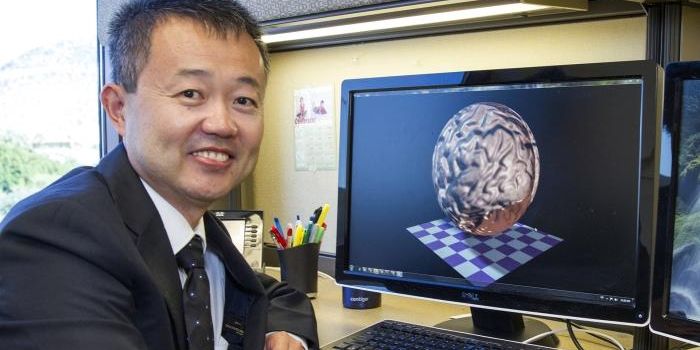New Study Shows Biological Differences in the Second-Most Common Type of Breast Cancer
Though invasive lobular carcinoma (ILC) is the second-most common type of breast cancer, it has historically been researched far less than the most common breast cancer (invasive ductal carcinoma or IDC). ILC is typically detected later and has worse outcomes when compared to IDC.
A new study from the Journal of the National Cancer Institute highlights the biological differences between ILC and IDC, suggesting that distinct detection and treatment options are needed for ILC. The study analyzed more than 33,000 patient records from UPMC Hillman Cancer Center, Cleveland Clinic Cancer Center, and The Ohio State University Comprehensive Cancer Center.
Steffi Oesterreich, Ph.D. and co-lead author, says that “lobular breast cancer makes up about 10% to 15% of breast cancer cases, but it has historically been neglected by the research community, so we don’t really know that much about it... this large multi-center study provides compelling evidence that these are two different diseases that require different management.”
Since ILC tumors tend to be detected later, they are typically larger and have already moved to the lymph nodes at the time of detection. The researchers involved in the study urge the scientific community to improve methods of detecting ILC early, including developing new imaging technologies.
A distinct feature of ILC is the loss of a gene called E-cadherin. This gene normally helps cells stick together and the loss of this gene results in tumors that are web-like in nature. These web-like tumors are difficult to spot on mammograms until the cancer has grown. IDC usually causes tumors shaped like round lumps, which are reliably detected through mammogram imaging.
In the study, ILC tumors were diagnosed at later stages (III or IV) twice as often as IDC tumors. Despite the difference between ILC and IDC, the two cancers are often diagnosed and treated the same. This research speaks to the need to diagnose and treat these two cancer types as biological distinct.
Sources: University of Pittsburgh School of Health Sciences








